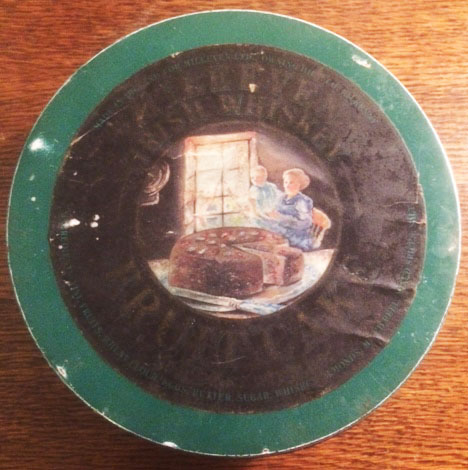About the project
Notes from a Biscuit Tin celebrates the philosophical vision of Mary Midgley. Midgley’s moral philosophy begins from the statement ‘We are not just rather like animals, we are animals’. Midgley sees philosophy as a poetic, collaborative and transformative kind of conversation.
In 2019-2020, Midgley’s biscuit tin took a round-the-world voyage. At twelve locations a poet and a philosopher met to share a conversation – and a biscuit - on a theme from Midgley’s work. You can explore the first voyage, which spanned the pandemic, here.
Philosophy in the Wild is the second global Notes from a Biscuit Tin project.
Between April 2025 and April 2026, an anthrozoological vasculum, symbolising Midgley’s biscuit tin, will collect field notes and multispecies poetry from 13 global sites. Our aim is to explore and deepen Midgley’s idea that humans are a kind of animal that live in ‘mixed community’ with other animals.
Notes from a Biscuit Tin is a Women In Parenthesis project.

About Mary Midgley
Mary Midgley was a British moral philosopher whose work helps us make sense of the human animal and its (our) place in the world. ‘We are not just rather like animals’, she wrote, ‘we are animals’. Midgley made major contributions to environmental philosophy, animal ethics and philosophy of science.
Midgley’s last book, What is Philosophy For? was published a week before her 99th birthday and a month before her death. In it she warns that we are drifting toward environmental and mental calamity. We have been lulled to sleep by myths and stories that comfort us with the lie that our future is out of our hands, that the inevitable march of technology, Artificial Intelligence and biotechnology has rendered us and our paltry natural intelligence and our limiting animal bodies and minds already obsolete.
Midgley thinks philosophy is needed to wake us up. But not the sort of dry, argumentative philosophy with which you might be familiar. Rather, says Midgley, philosophers need to work collectively to tell us new stories and set out new visions and myths. We need philosophical stories that will enliven us to the fact that, as she writes, ‘what happens next is up to us’. To create these stories, she says, philosophers will need the help of the poets.
Tom Wakeford talks with Mary Midgley at her house in the autumn of 2014




